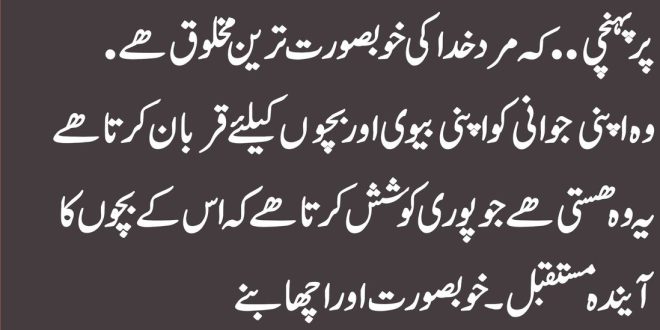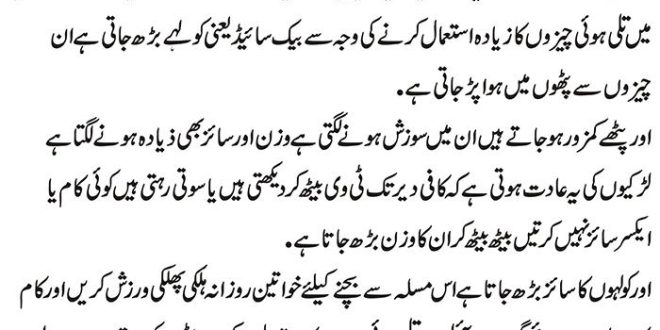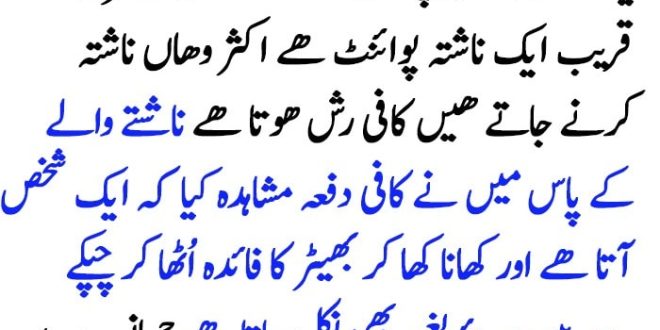Sociology, as a discipline, seeks to understand the complexities of human societies, and an integral aspect of this study is the exploration of marriage and family. These social institutions play a pivotal role in shaping individuals’ lives and contribute significantly to the structure and dynamics of societies. In this introductory guide to sociology, we’ll delve into the fundamental concepts related to marriage and family, examining their cultural, historical, and social dimensions.
Defining Marriage and Family:
Marriage:
Marriage is a social institution that involves a recognized union between individuals, typically characterized by legal, religious, or cultural ceremonies. It is a complex institution with variations across cultures and historical periods. In addition to serving as a foundation for intimate relationships, marriage often carries legal and economic implications.
Family:
The family is a broader social unit encompassing individuals related by blood, marriage, or adoption. Families serve various functions, including providing emotional support, socialization, and the transmission of cultural values from one generation to the next. Family structures can vary widely, including nuclear families, extended families, single-parent families, and more.
Functions of Marriage and Family:
**1. Socialization:
Marriage and family are primary agents of socialization, playing a crucial role in shaping individuals’ values, beliefs, and behaviors. Children learn cultural norms and societal expectations within the family unit.
**2. Economic Cooperation:

Historically, families served as economic units where members collaborated in agricultural or trade activities. While modern societies have evolved, families still contribute to economic cooperation through shared resources and financial support.
**3. Emotional Support:
Marriage and family provide emotional support and companionship. Strong family bonds contribute to individuals’ well-being and mental health, offering a sense of belonging and security.
**4. Reproduction and Continuity:
The family institution is intricately linked to reproduction, ensuring the continuation of societies. Families contribute to demographic trends, and the decision to have children is influenced by cultural and social factors.
Changing Dynamics:
**1. Changing Definitions of Marriage:
Over time, societal attitudes toward marriage have evolved. Contemporary societies witness a diversity of marital arrangements, including same-sex marriages and non-traditional partnerships, challenging conventional norms.
**2. Shifting Family Structures:
Family structures have become more diverse, reflecting changing gender roles, increased divorce rates, and the rise of single-parent households. The nuclear family model is no longer the sole or dominant structure.
**3. Dual-Earner Families:
The modern workforce has seen a rise in dual-earner families, where both partners engage in paid employment. This shift has implications for family dynamics, childcare, and household responsibilities.
Impact of Culture and Society:
**1. Cultural Variations:
Cultural norms greatly influence marital and family practices. Arranged marriages, polygamy, and monogamy are examples of diverse cultural approaches to unions.
**2. Societal Expectations:
Societal expectations regarding gender roles, marital obligations, and family responsibilities shape individuals’ choices within the institution of marriage and family.
Challenges and Issues:
**1. Divorce and Separation:
The prevalence of divorce highlights challenges within marriages. Societal attitudes toward divorce vary, reflecting cultural and religious beliefs.
**2. Work-Life Balance:
Balancing career and family responsibilities poses challenges in dual-earner families. Societal expectations regarding gender roles contribute to disparities in work-life balance.
**3. Changing Views on Parenthood:
Attitudes toward parenthood have shifted, with some individuals choosing to delay or forgo parenthood. This reflects evolving perspectives on personal fulfillment and lifestyle choices.
Conclusion: Sociology’s Lens on Marriage and Family:
Sociology provides a lens through which we can examine the intricate tapestry of marriage and family. By exploring the historical, cultural, and social dimensions of these institutions, we gain insight into the ways they shape and are shaped by societies. As marriage and family continue to undergo transformations, the field of sociology remains essential in unraveling the complexities and dynamics of these fundamental social institutions.



